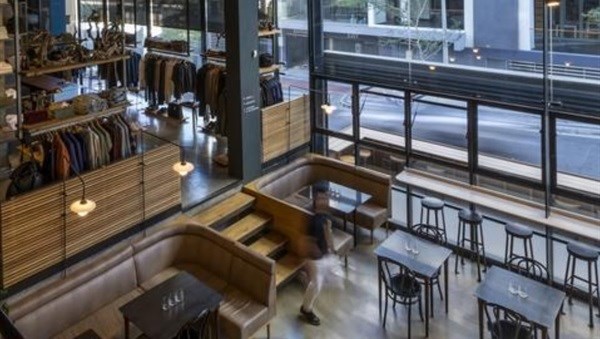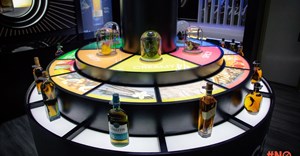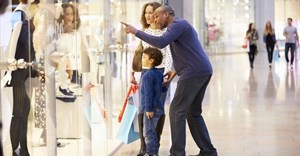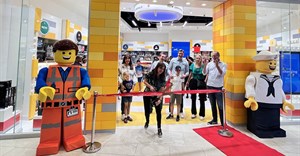
Subscribe & Follow
Jobs
- Digital Performance Manager (Contract 6 months) Bryanston
- Traffic Coordinator Johannesburg, Cape Town
- Insurance Sales Agent Mbekweni
- Junior to Mid-weight Event/Activation Account and Project Manager Johannesburg
- Senior Corporate Copywriter - BEE Pretoria
- Group Account Director - Consumer PR and Influencer Cape Town
- Presales Consultant - GRC Johannesburg
- Content Producer / Graphic Designer Johannesburg
- E-commerce Manager Johannesburg
- Junior Photographer / Graphic Designer Pretoria
Experiential retail - a new way to shop

Luxury retailers such as Harrods and Bergdorfs have been achieving this for decades with their precision orientated service for discerning clientele who expect a tailored experience to match their spend.
In the early days of Steve Jobs’ return to Apple, he took the concept of purchasing a computer to an entirely new territory through the brand's retail stores, which have almost become tourist attractions in their own right for the experiences they offer consumers. Angela Ahrendts, former CEO of Burberry and currently Apple’s SVP of Retail, sees the grander vision of the brand’s retail approach as that of “town squares” for each of their locations – serving the communities they operate within by offering educational and creative presentations and becoming a place of congregation.
This signals more modern market climates that we find ourselves in, where consumers are more hungry for experiences than a variety and surplus of goods – where authenticity and stories can be created and shared.
Emotive retail spaces
Technology has given mass retailers the opportunity to engage with consumers in real time and offer this personal approach, whilst leveraging off of data captured in these engagements to communicate with the customer through channels both in and out of store. Whilst technology remains important to bring experiential elements to life, the service design and strategy of these spaces must be driven by customer and market insights that give the spaces strong emotive purpose.
This is exemplified through an activation by Europe’s favourite furniture brand, Ikea, who brought their Dining Room pop-up space to life driven by the insight of ‘bringing people together through food’. Operating in the trendy Shoreditch area of London for two weeks, the space featured a DIY restaurant that allowed guests to cook and learn alongside on-site chefs, a corresponding café, showrooms for kitchenware and homeware and finally cooking workshops.
In line with their customers thirst for great wine British supermarket retailer Waitrose has found great success in offering in-store wine bars in seven of their more prestigious locations, as well as a paired menu from their bakery and delicatessen.
The flow and design of such spaces and experiences remain paramount, exemplified by the likes of new luxury thinkers such as Off-White and Alexander Wang - both of whose New York outlets place strong emphasis on the curation of their garments as well as the overall atmosphere – the latter using a section of the store as an exhibition space for exclusive product and artwork.
Local leaders
The question remains for South Africa is when will we see the rise of such a concept? Cape Town-based retailer meets restaurant Loading Bay has been achieving this model for years with its selection of premium clothing, books and magazines and a corresponding restaurant with amazing reviews.

Home to the world’s best cappuccino is Truth Coffee whose prime steampunk space on De Waterkant Street is an experience to witness in itself. Even the likes of Corner Store, a multi-brand streetwear space, is elevating the concept and expectations of local streetwear through acting as a multi-functional canvas for fashion, art and music.


















